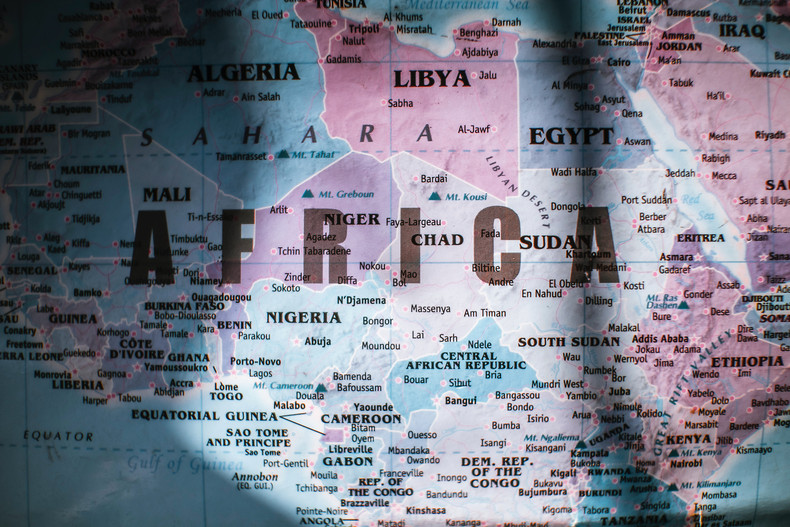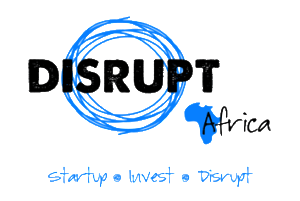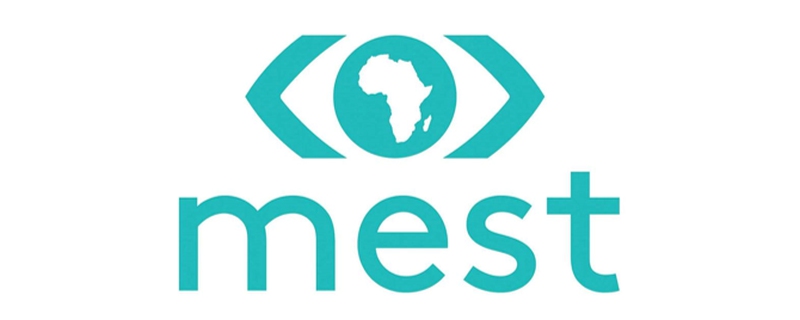In West Africa, we are patiently waiting for the advent of the Eco. This single currency that will monetarily unite the 15 member countries of ECOWAS symbolizes both a political and economic melding of West African spirits. The Economic Community of West African States, first established in 1975, is intended to promote economic and political integration across the region. For instance, if something untoward goes down on the bloc that can destabilize the others, ECOWAS will intervene. Such was the case when ECOWAS sent troops to Liberia in the 1990s, Côte d’Ivoire in the early 2000s, and most recently helping to quell rumblings in Niger. It's a family affair.
The Eco, first introduced in 2019, may usher in more favorable economic transactions across our region. For instance, several years ago, when I was living and working in Côte d’Ivoire, I found it cheaper to call friends in New York City, about 5000 miles away, than it was to call my mother in Accra, 260 miles away. While Côte d’Ivoire shares a border, several languages and a culture with Ghana, it may as well have been on a different continent. For other African countries that are further away, but still in the same region, the economics of transport and communication are similar. Flying to Morocco from Ghana may cost more than flying to Washington, DC. Morocco incidentally has applied to be a member state of ECOWAS.
As Africa Goodnest begins to transact with different African countries, we are finding that calling Europe is cheaper than calling South Africa. It costs the same amount to send a package to Nairobi as it does to send it to Maryland.
It could be that communications and travel is a reflection of economies of scale. Are there more Africans in Africa traveling outside of the continent than those voyaging within? Or are communications and transit routes built along colonial lines where it is cheaper to send products and people to more powerful countries. Some of these same countries that encourage the transfer and sale of raw commodities rather than value-added products.
For countries like Ghana, surrounded by a sea of former French colonies whose currency is currently held in reserves in banks in France, the Eco could also signify a unification wherein all West African countries can spend, think and act in a single framework.





